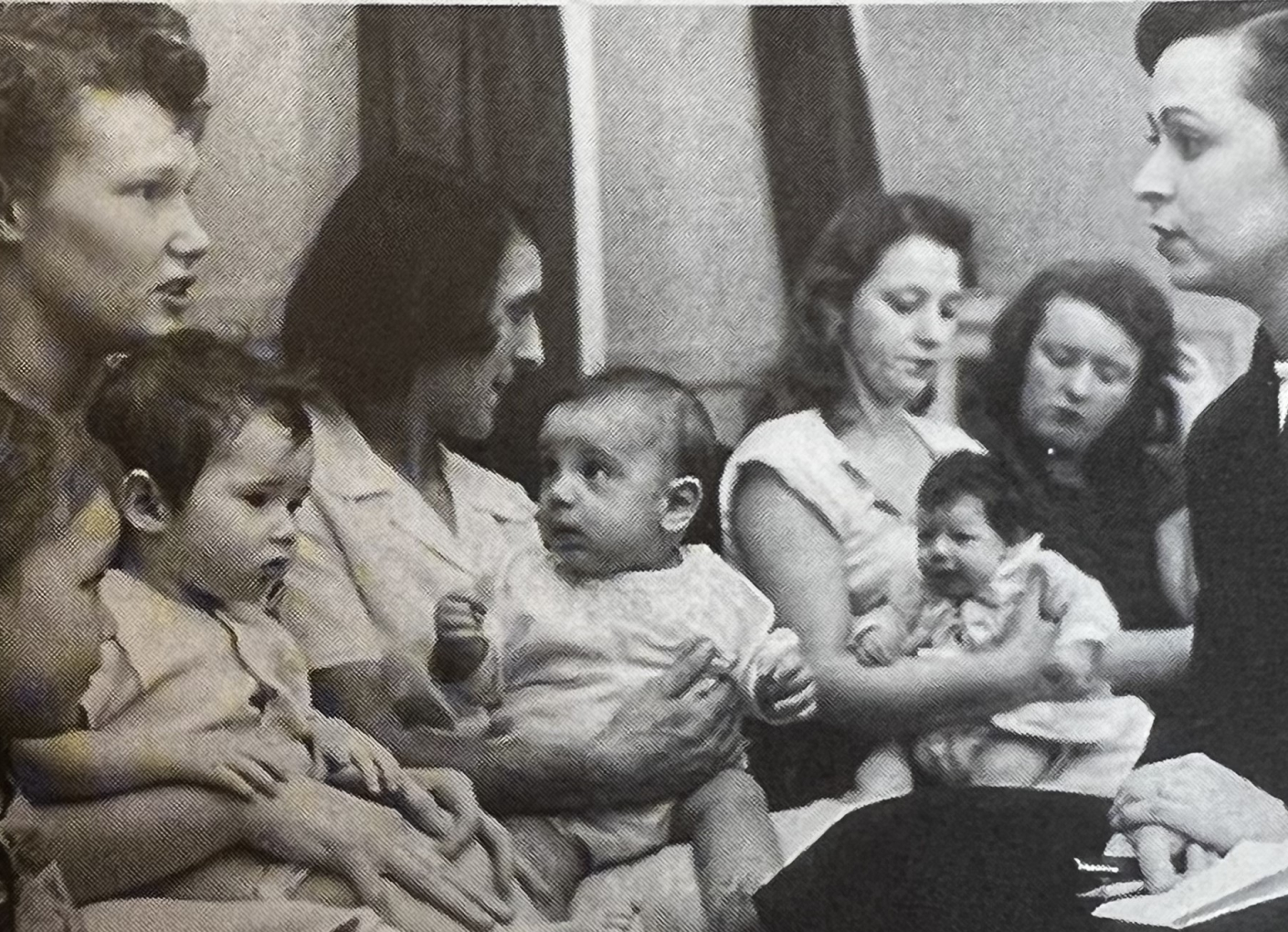

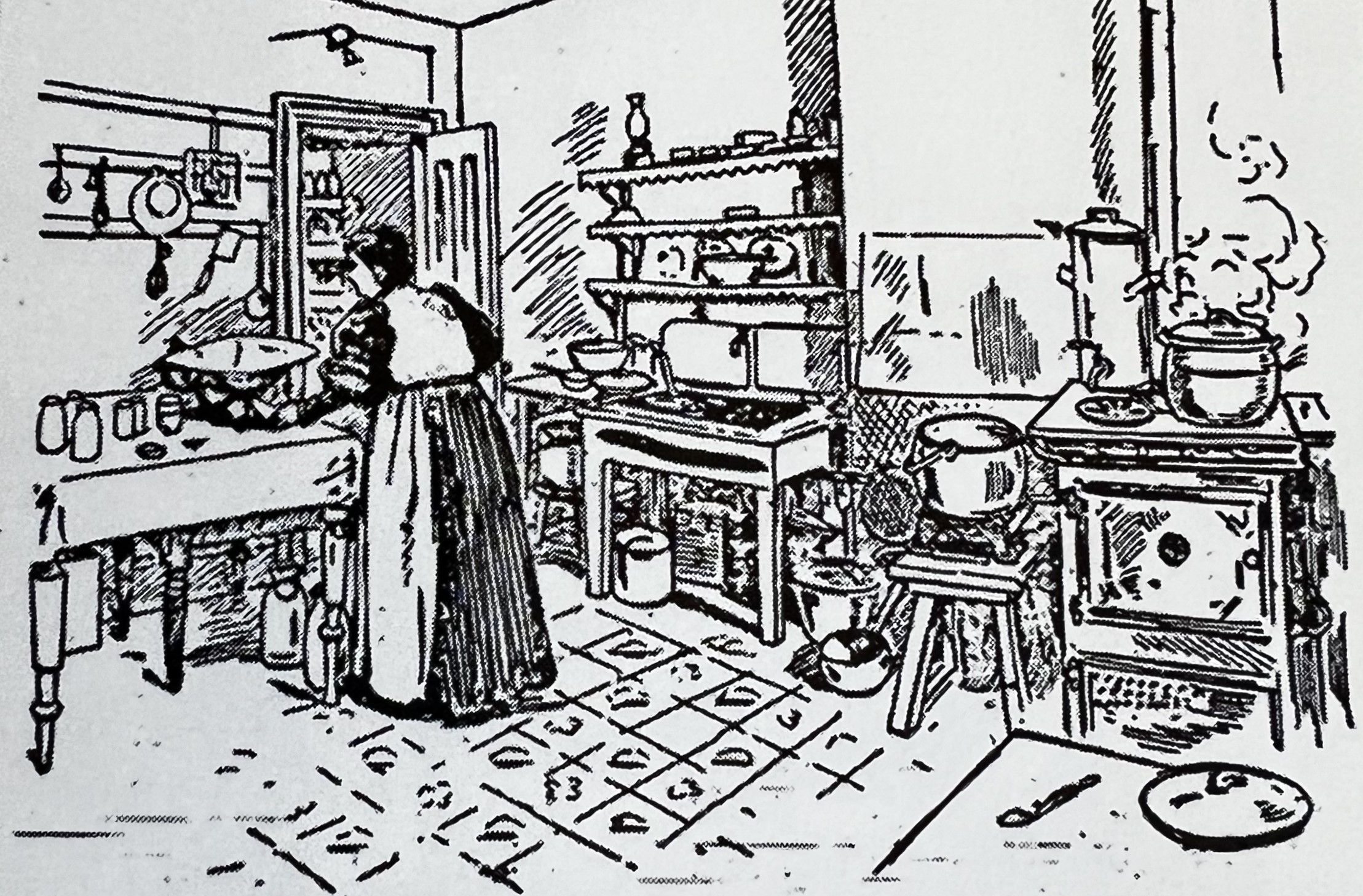
Driven by the urgent need to assist vulnerable families, Emily F. De Witt established the Montreal Diet Dispensary. She opened a facility where meals were prepared and delivered to the homes of 300 people referred by their doctor.

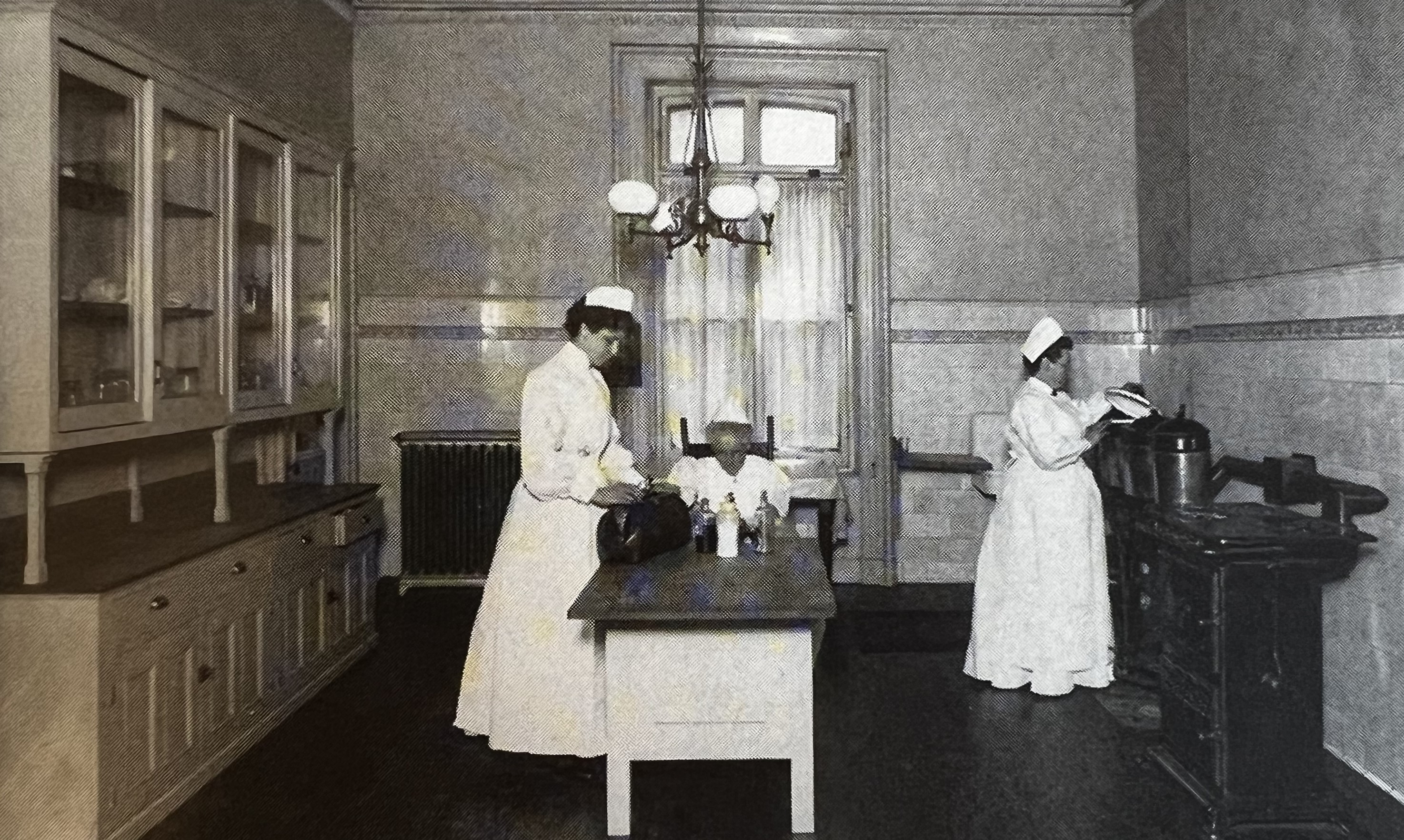
Jean Crawford joins the Dispensary team as their first professional dietitian, making the Dispensary the first community organization led by a healthcare professional.
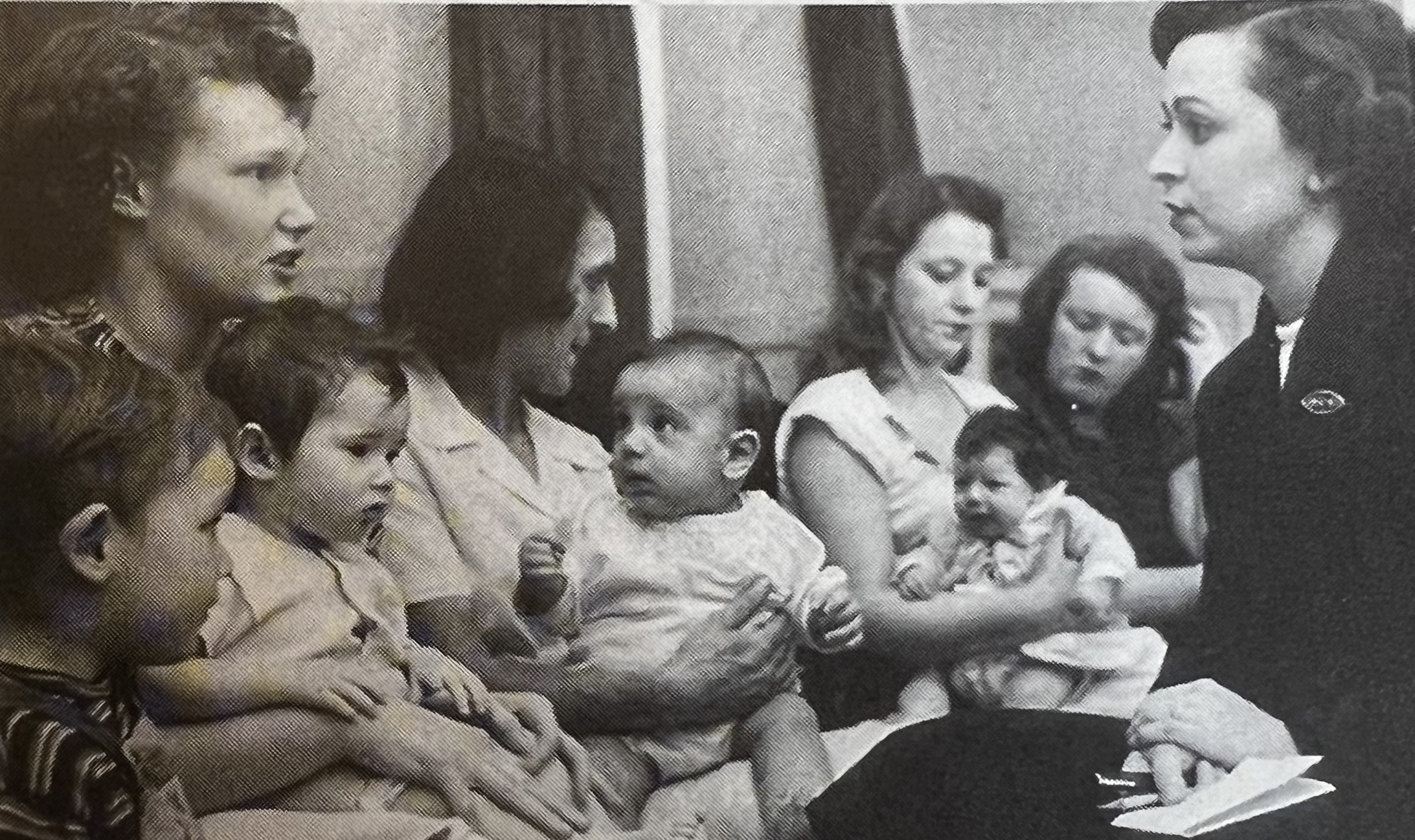
Nan O. Garvock, a nutritionist and pioneer in teaching the basics of proper nutrition, takes over the Dispensary and teaches her clients how to eat healthily with limited funds.

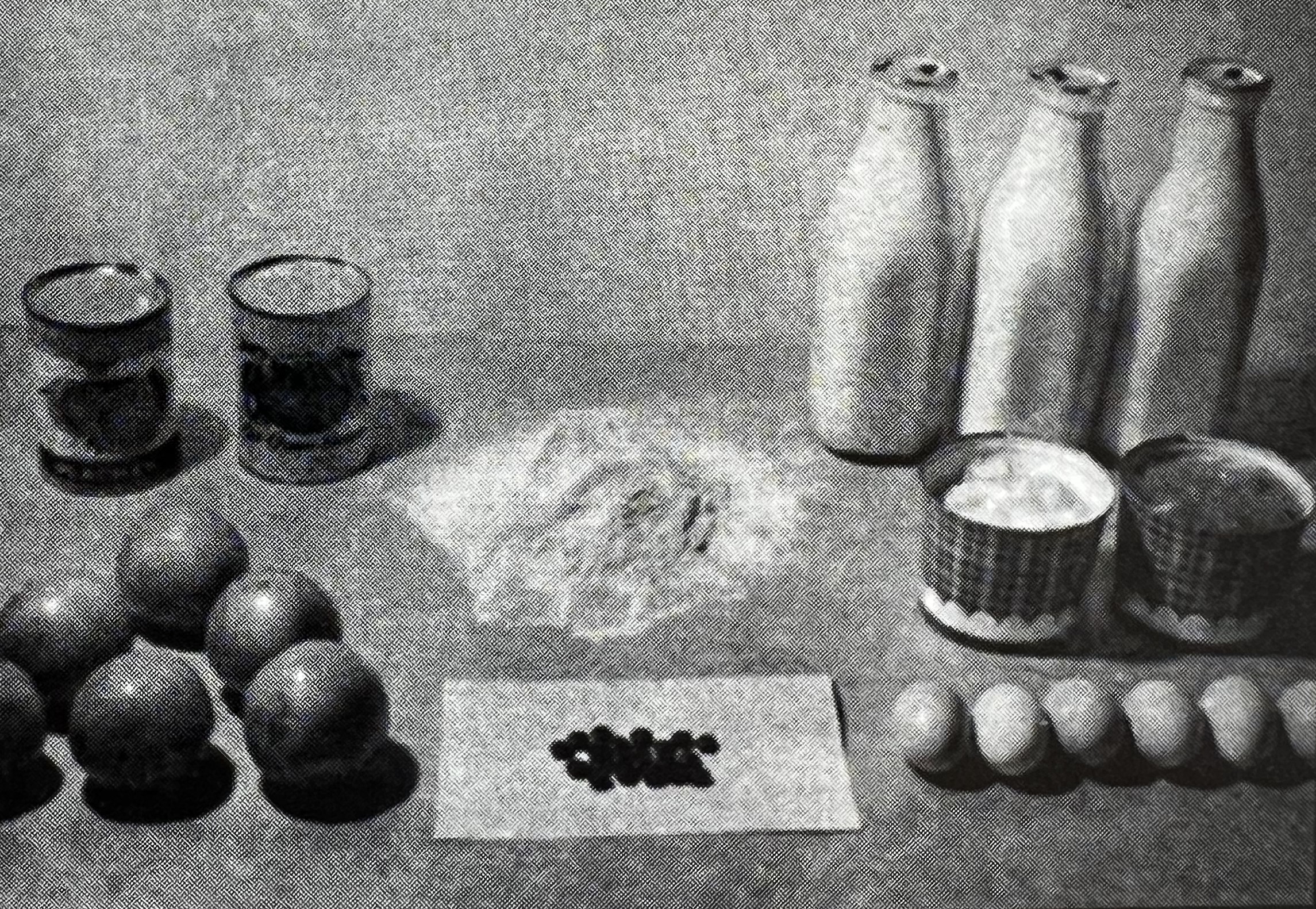
In the 1930s, the Montreal Diet Dispensary developed a first list of affordable foods and a low-cost recipe book. These tools were used by the Dispensary’s workers during their nutritional consultations. This first list of low-cost nutritious foods also inspired the creation of food baskets in Canada.
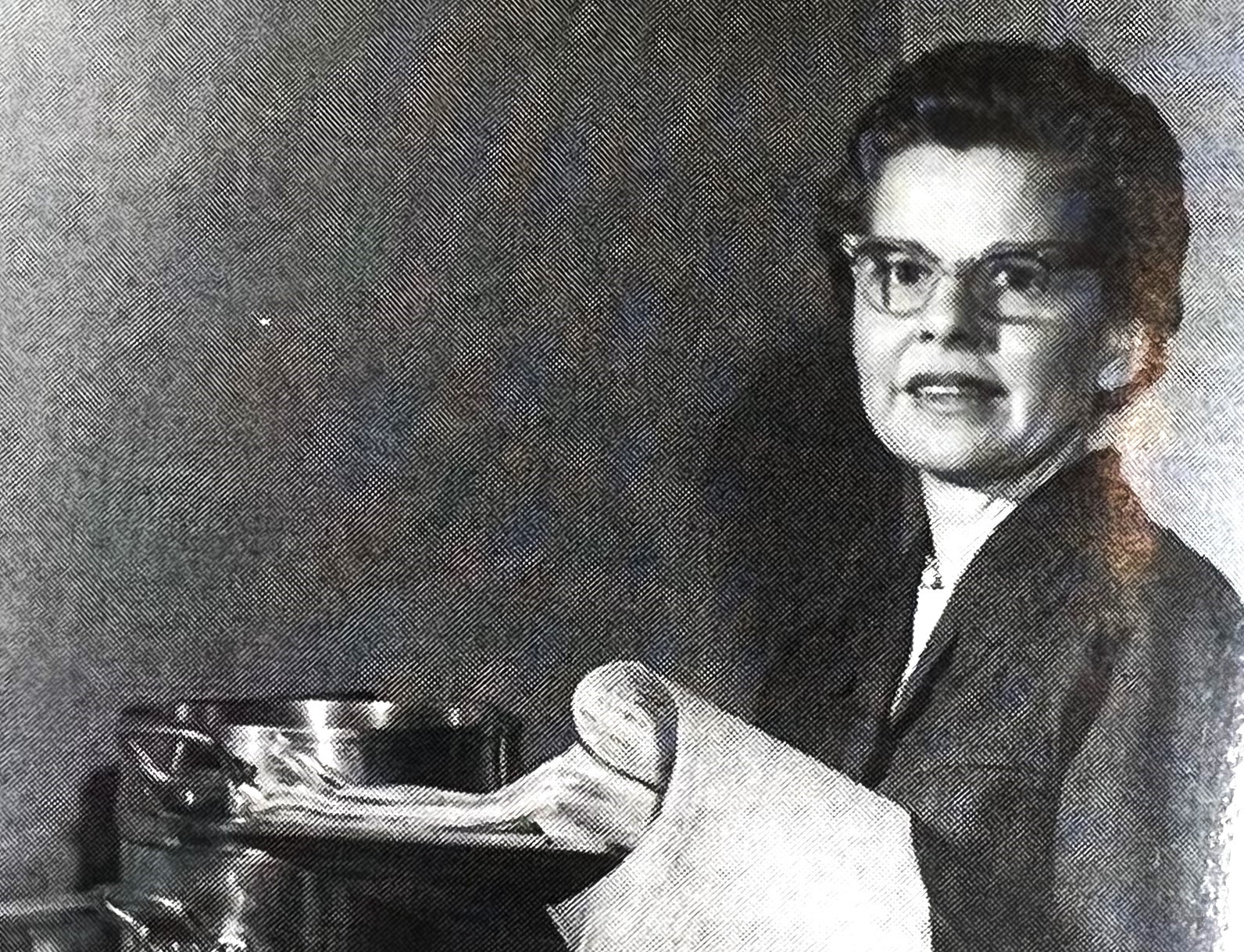
Agnes C. Higgins introduces a new approach to the Dispensary, prioritizing pregnant women in vulnerable situations. She developed the Higgins Method, a counseling approach that combines:
A nutritional assessment and an evaluation of the pregnancy risk profile, for which nutritional supplementation could be calculated.
Motivational strategies based on existing eating habits.
Comprehensive support based on the special relationship between the pregnant woman and the nutritionist, as well as referrals to other community resources.

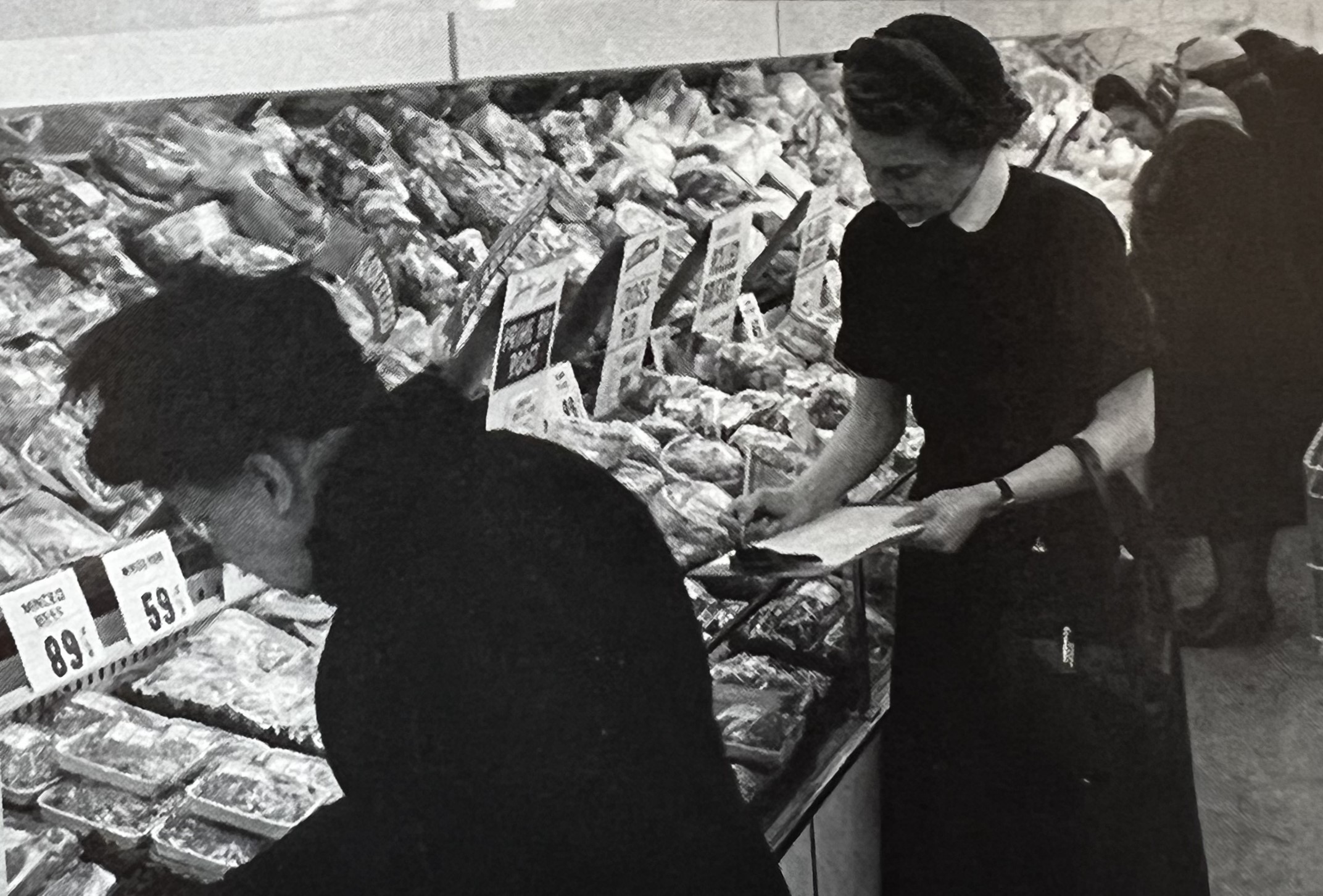
Three times a year, the Dispensary establishes the cost of this basket through a price survey conducted in a low-income neighborhood of Montreal and publishes it under the title 'Minimum Cost of Nutritious Diets.' This publication reflects the cost of ensuring food security.
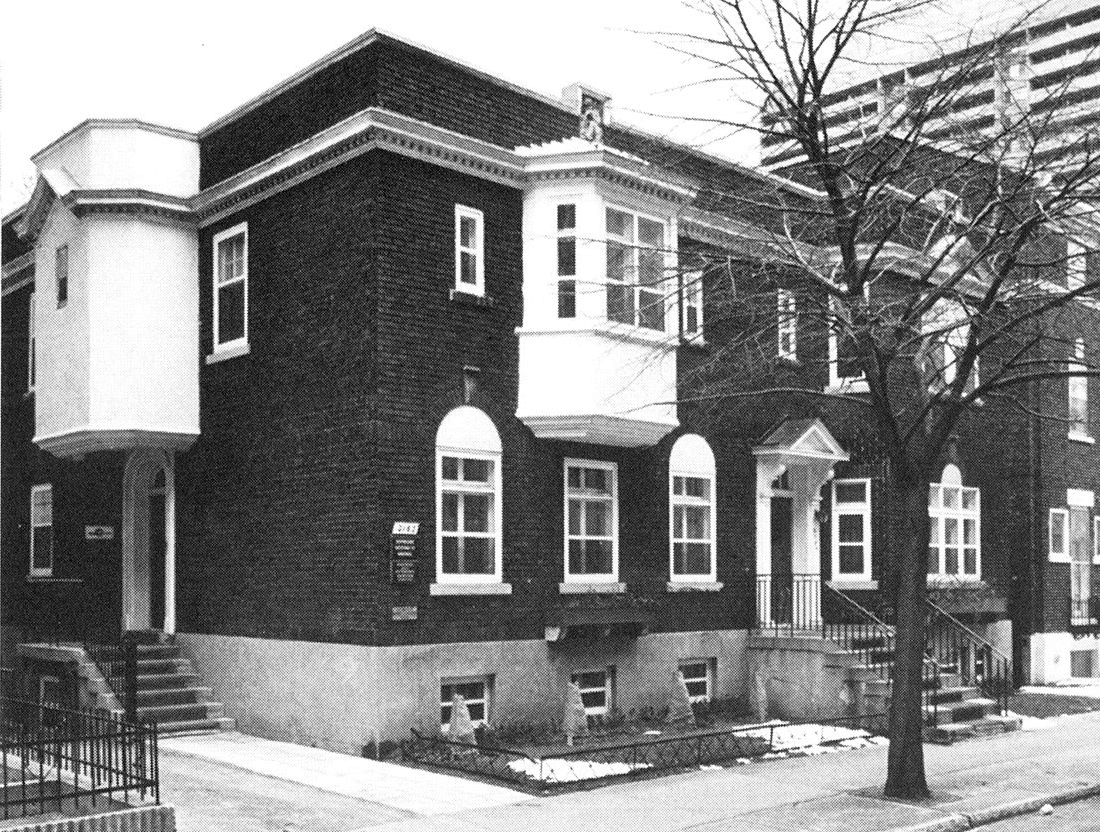

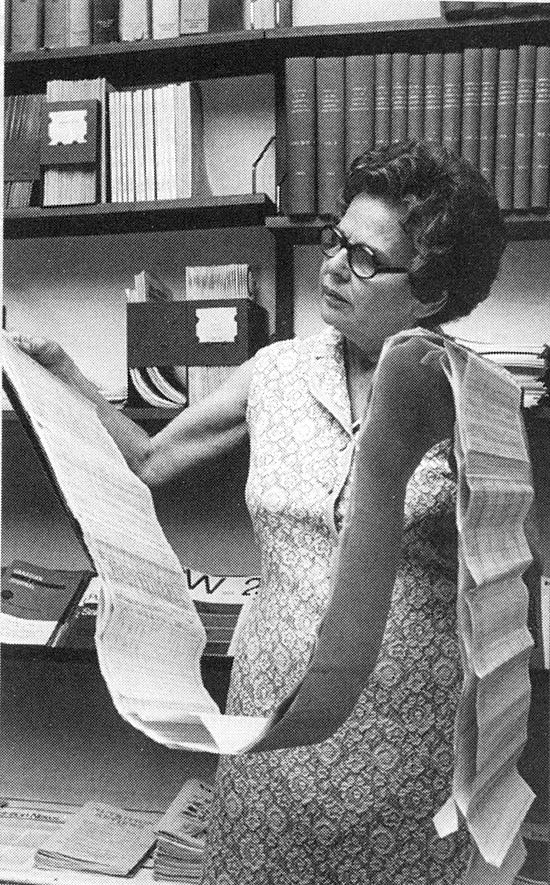
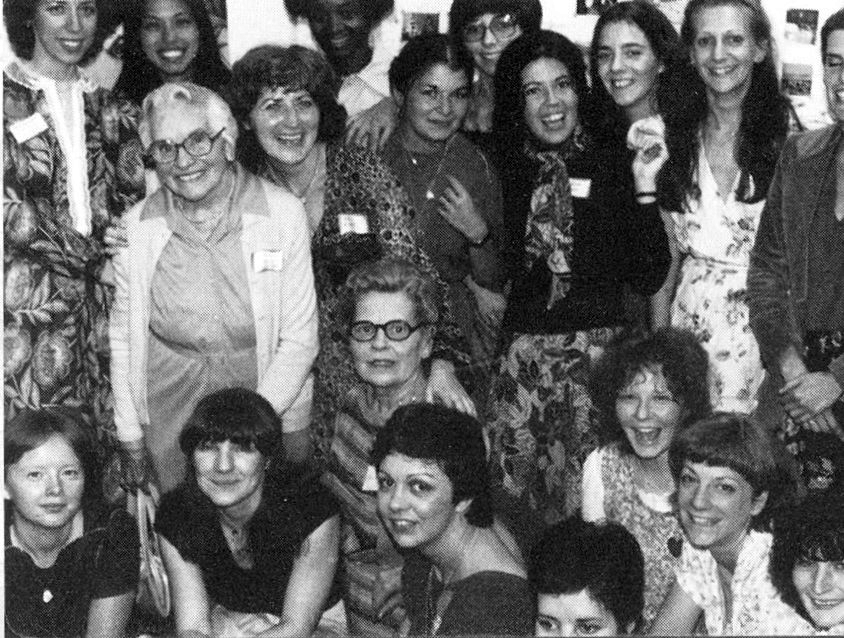

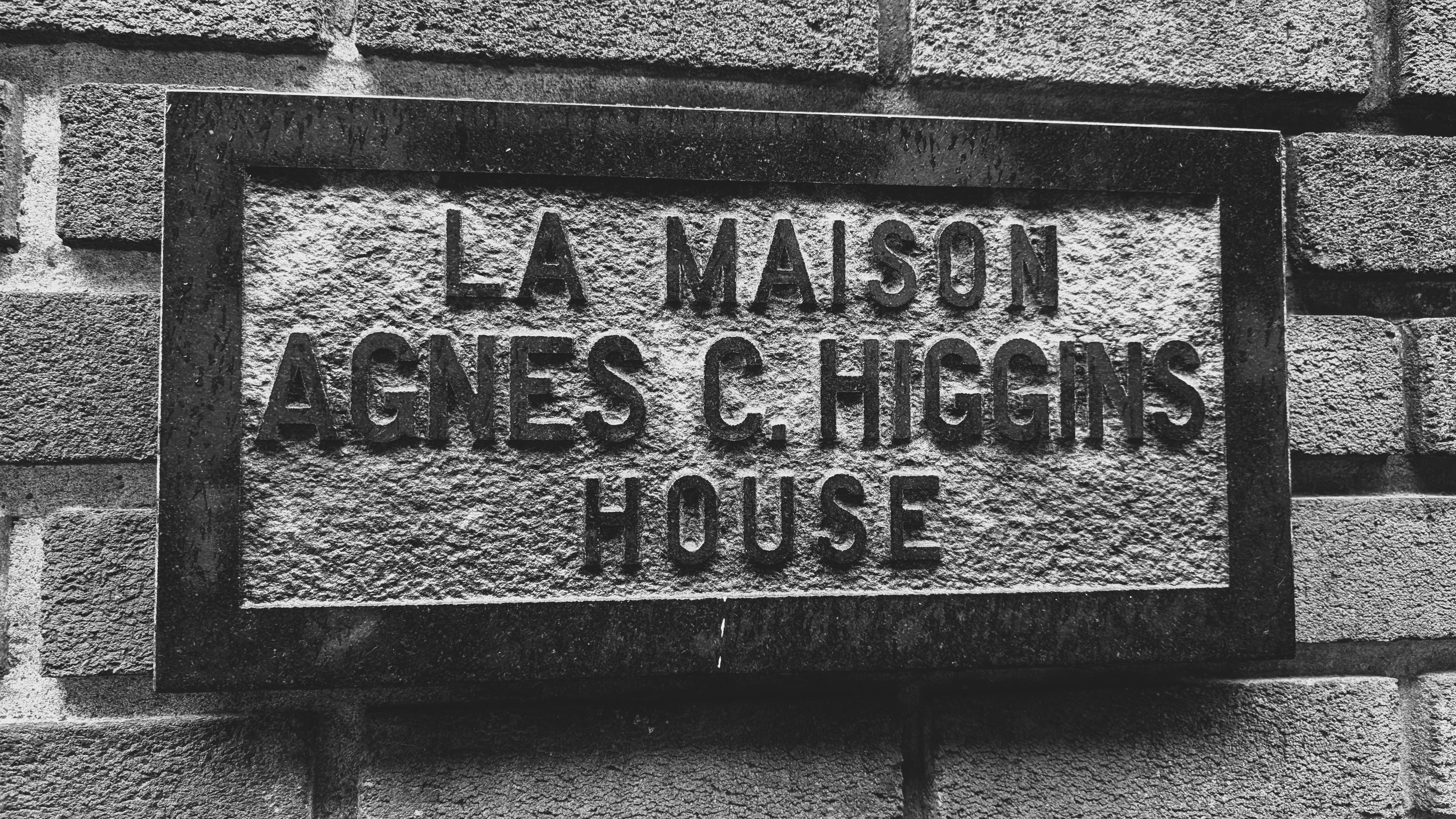
To commemorate this occasion, 2182 Lincoln Avenue is named “Agnes C. Higgins House.”

With Marie-Paule Duquette at the helm, research and evaluation activities accelerated. In addition to the Higgins Method, she offers pre- and postnatal workshops to provide ongoing support for breastfeeding, the development of parenting skills, and social integration.

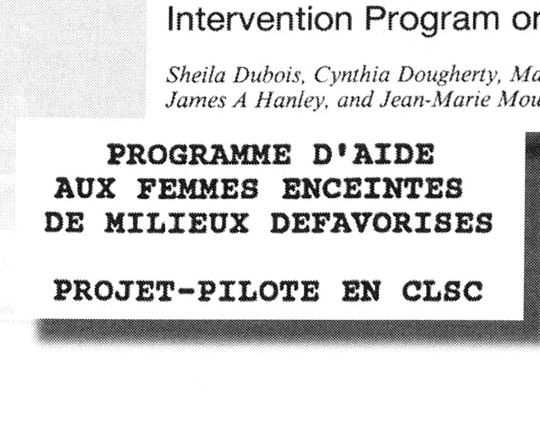

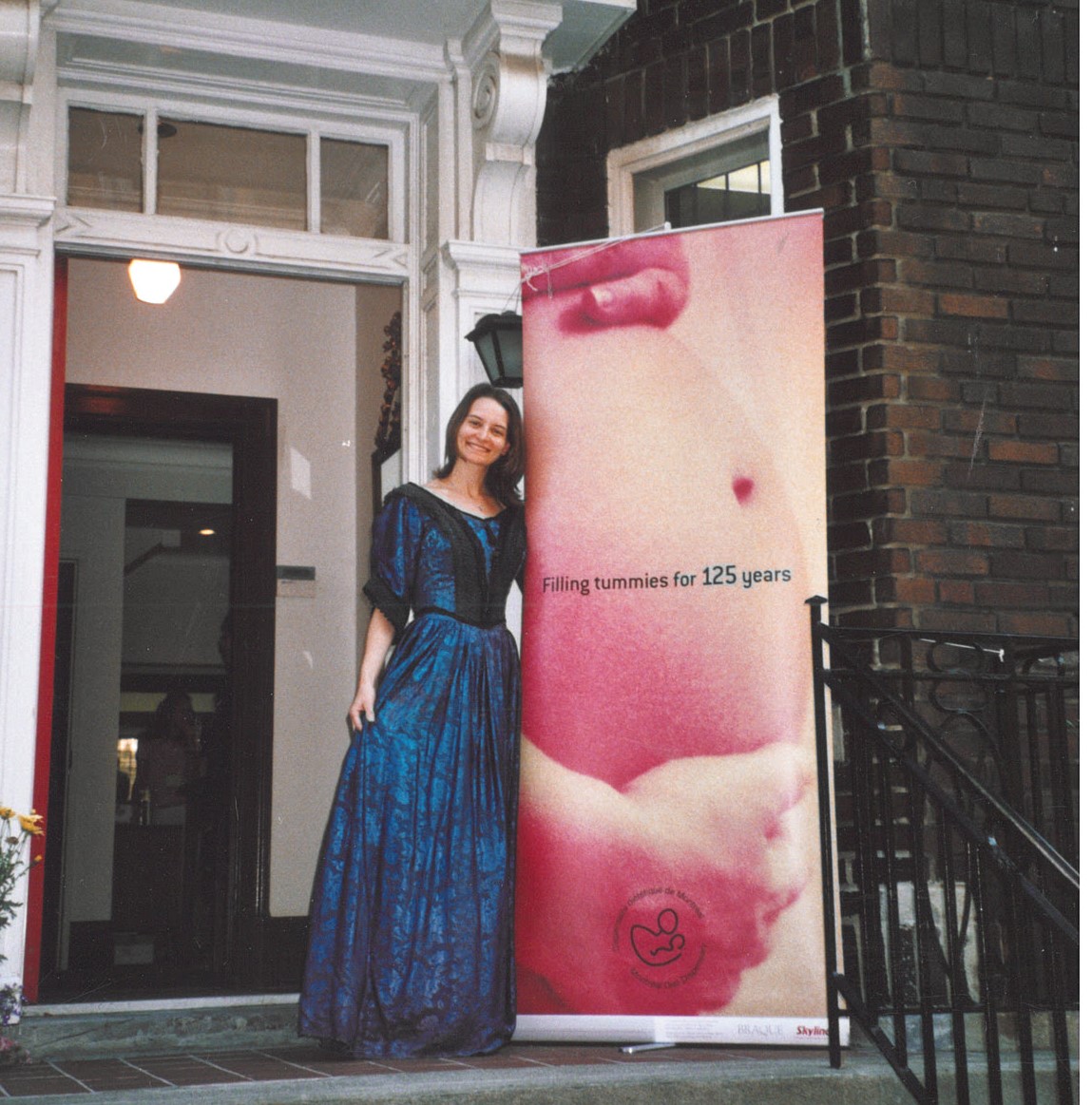

The Dispensary creates SVP Nutrition, a program aimed at increasing knowledge in perinatal nutrition and equipping community workers. The program will be enhanced over time and renamed Nourrir la vie.

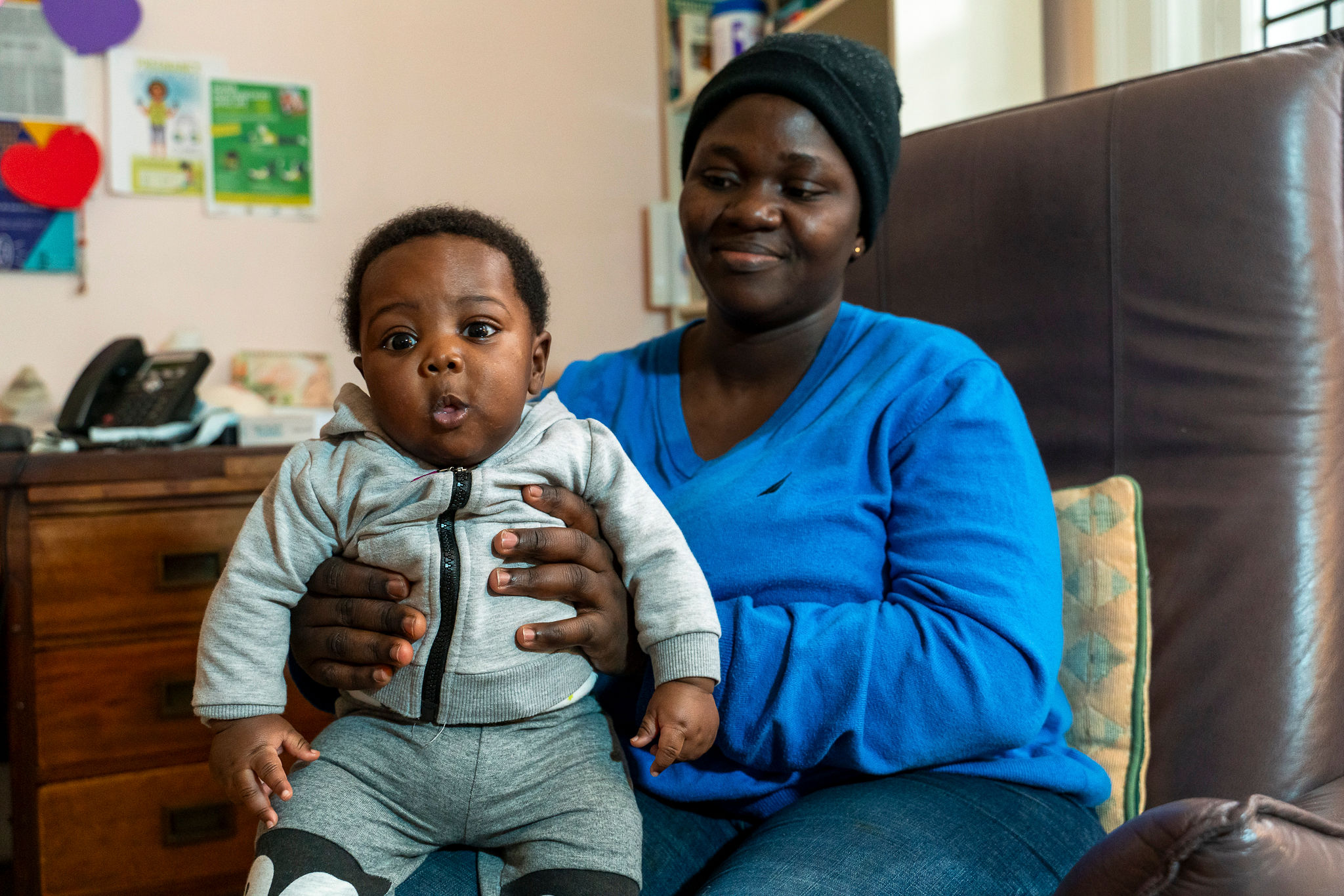
Under Jackie Demers' leadership, the project to modernize the Higgins Method and integrate the concept of perinatal social nutrition is launched. In addition, several partnerships are established with key perinatal players, such as Rond Point, Médecins du Monde, and Maisons Bleues.
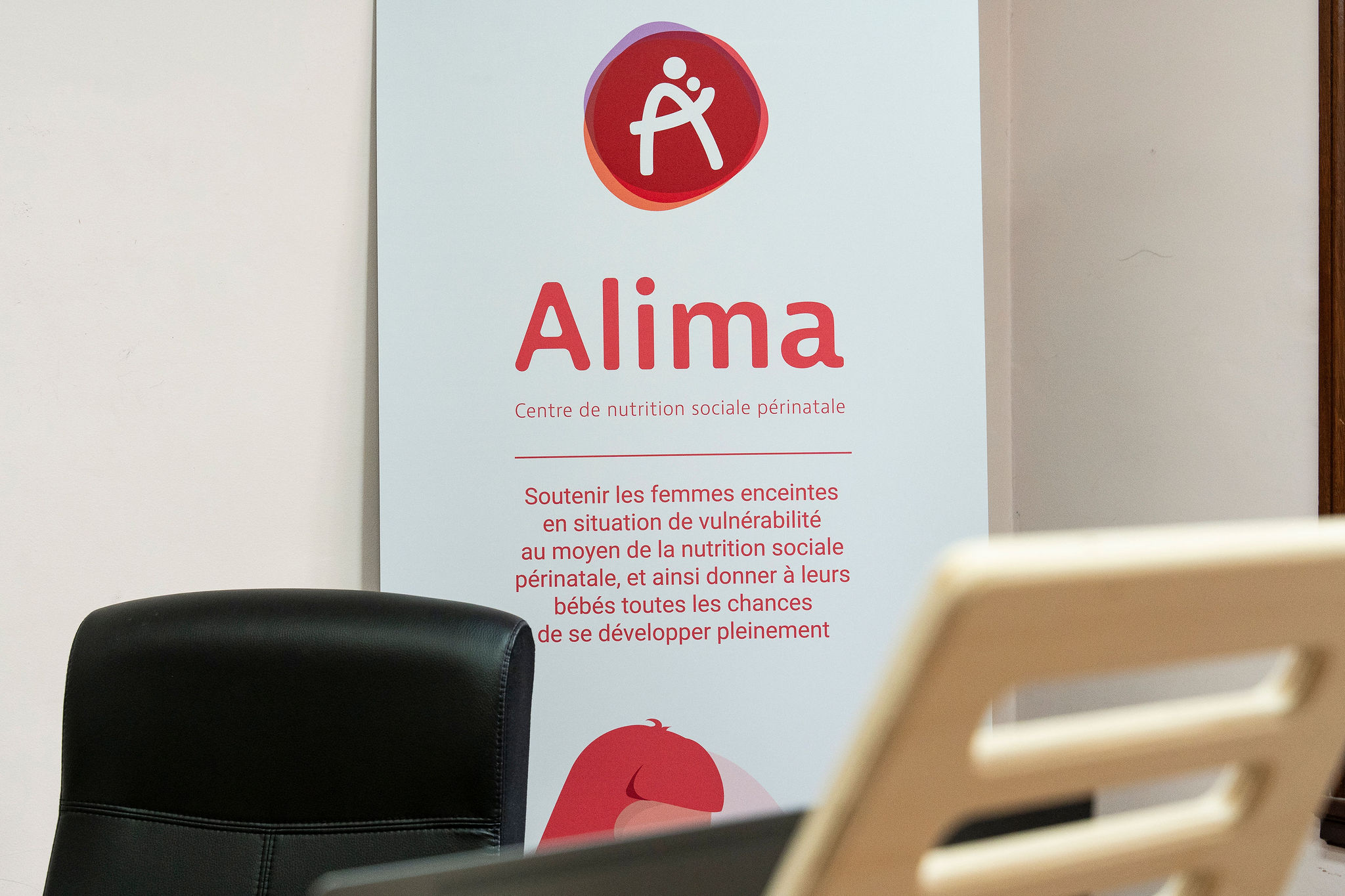
A strategic reflection initiative directed by Julie Paquette has led the Dispensary to update its visual identity and renew itself to assume its key role in perinatal social nutrition. This work is fuelled by the contribution of every member of the organization, without whom it would not have been possible to achieve Alima's goals.